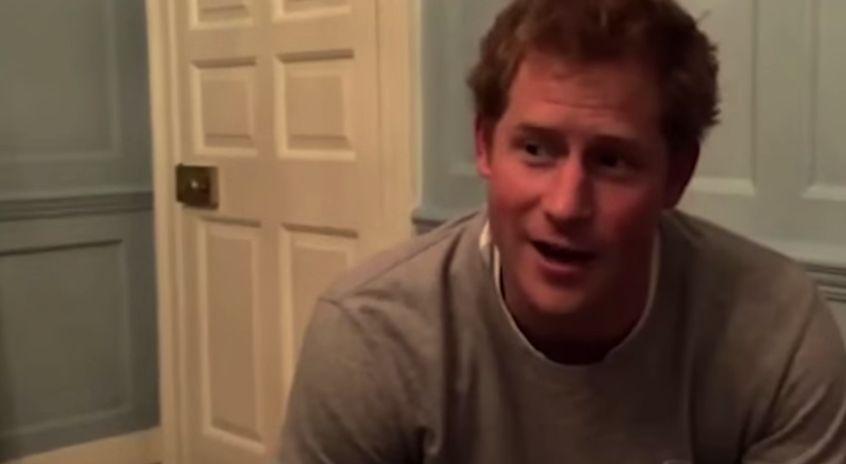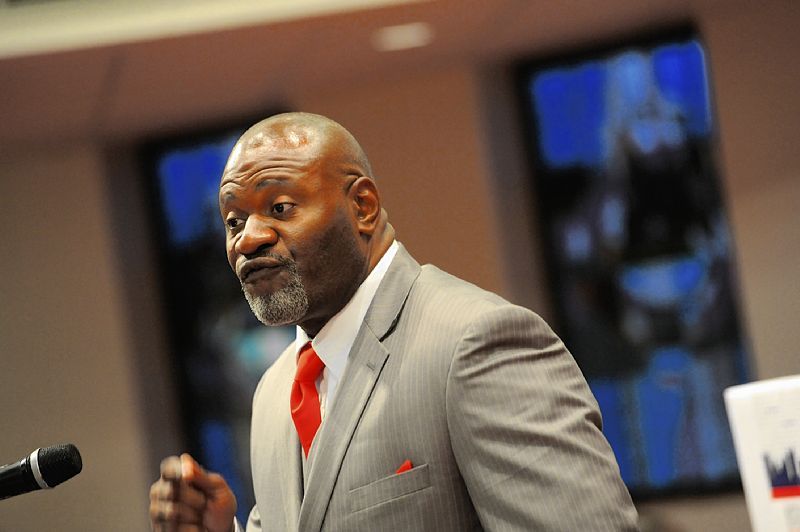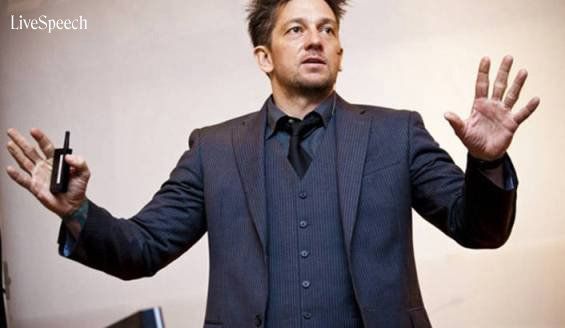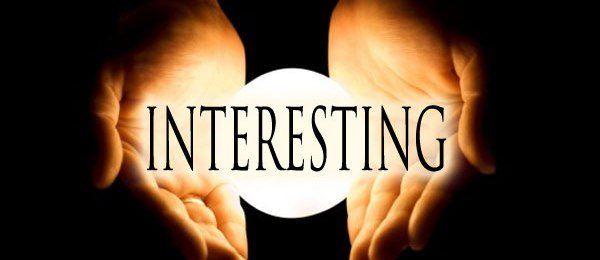The one thing needful in the development of self-confidence in public speaking is practice. In all first efforts, whether it be to write, to swim, or to dance, we have crudeness, uncertainty, and limitations. Similarly, as a beginner in public speaking, you’re on unfamiliar ground, and cannot help being self-conscious.
This is a necessary part of your development. There can be no proper freedom in what you’re saying so long as you constantly have to think of how you’re saying it—that’s self-consciousness. Your first efforts should, for this reason, be simple. A few ideas, plainly spoken, are all you need here attempt.
After you have gained some facility and self-reliance, you may, like the novice swimmer, venture into deeper water. Let us assume that you who read these pages are afflicted with an extreme form of fear and diffidence in attempting even this simple first effort. You may belong to that class described as "trembling at the knees," or "glued to the chair," when invited to address an audience.
In short, what is a man to do if he cannot bring himself to the point of facing an audience at all? The answer is rather simple.
BUILDING SELF CONFIDENCE
The very first thing you must do to build confidence and conquer your fear of public speaking is to have something to talk about. That's obvious, isn't it? In other words, you must adequately prepare. But there are two who need to prepare—the first is the speech and the second is the presenter, yourself.
Consider jokes as the perfect analogy here. Have you ever heard a very funny joke from a comedian and which you really wanted to share with your friends? Well, you might have discovered that the same joke that got you rolling on the floor woefully failed to amuse your friends one bit.
They didn’t laugh as you expected not because the joke had lost any measure of sense, but because the one who’s saying it [you] didn't say it as skillfully as the original comedian did it. The joke is the same, but the jokers are different.
Likewise, if you’re given a professionally well-written speech you still might not be able to pull a wonderful delivery. So, like a joke, how you deliver the content matters as much as the content itself.
Here are a few ways in which you, the speaker/presenter, can prepare yourself [not the speech this time] for facing the audience. Bear in mind that these methods serve to prepare the speaker and not the speech.
[1] Use a mirror
You could begin by declaiming your speeches in the privacy of your room. You must become accustomed to "hearing yourself speak.” This should be rendered aloud, while standing before a looking-glass, with suitable voice and gesture. You may imagine an audience before you, and speak as directly and earnestly as you would were they actually present.
[2] Speak before a friend
Next, you may invite a member of your family, or a friend, to listen to you. Gradually but surely you will find yourself gaining in assurance; and at the proper time, you will be ready for your "maiden effort" in public. No matter how slow the process may be, the ultimate results are certain.
[3] Make it your story
Another excellent preparation for self-confidence in speaking is that of telling stories—discussing it with people. These stories should be as new as possible, have good points, and be told in an interesting manner. You must concentrate your mind upon the story and really relish telling it, so that you will be sharing a pleasure with others. Here again you may begin with the members of your own family, who will be lenient with you if these first efforts are not wholly effective. Story-telling is not a difficult art, but consists chiefly of two things:
- Getting a good fund of stories, and
- Telling them without self-consciousness.
A few short recitations, thoroughly memorised, may also be used as a means of accustoming yourself to facing an audience.
[4] Use a video-tape
The very best way of determining how well, or how badly, your preparation is going is by being able to see yourself doing it. Replaying the video tape of your preparatory speech can show your faults at an instant. It becomes a great deal easier to spot your errors and make corrections. If someone was to tell you, “I think you made too much hand movement while you spoke” you might not get the extent of the “too much” hand movement. But if you were to watch yourself speaking, you would probably laugh at your own goofs.
[5] Arm yourself with knowledge
Let me remind you that a frequent cause of timidity in public speaking is improper knowledge of the subject. An audience becomes severely critical when a speaker appears not to have an adequate grasp of the facts due to inadequate research. They may overlook your diffidence, setting it down to modesty, but they will not overlook palpable weaknesses and uncertainty in the subject-matter.
A man who has the facts may readily be forgiven for lack of ability in presenting them, but one who stands to speak before others without proper knowledge of his subject is justly regarded as a pretender. And God help you if you're presenting to a technical audience full of experts in the same field!
[6] Watch others speak
The best way to learn anything is by doing it. The second best way to learn anything is by watching others doing it. Having gone through the above five methods of preparing yourself, which involve actual practice, it is a good idea to move on to the second level of learning.
Get yourself videos, tapes and written speeches of great orators and study them. There are countless numbers out there on the Internet. Just do a Google search. Look for speeches by masters like Winston Churchill, Dale Carnegie, Abraham Lincoln, Martin Luther King Jr., Barack Obama, Charles de Gaulle, Mao Zedong, Napoleon Bonaparte, and so on. Get videos as well as transcripts of their speeches. Learn how they combine various rhetorical tools to add power to their speeches.
Watching the masters do something is a sure way to build inspiration. And a healthy dose of inspiration is a very good way to cultivate confidence in public speaking. Give it a try, today!
Adapted from “How to Develop Self-confidence in Speech and Manner” by Grenville Kleiser (Funk and Wagnalls, 1910)










